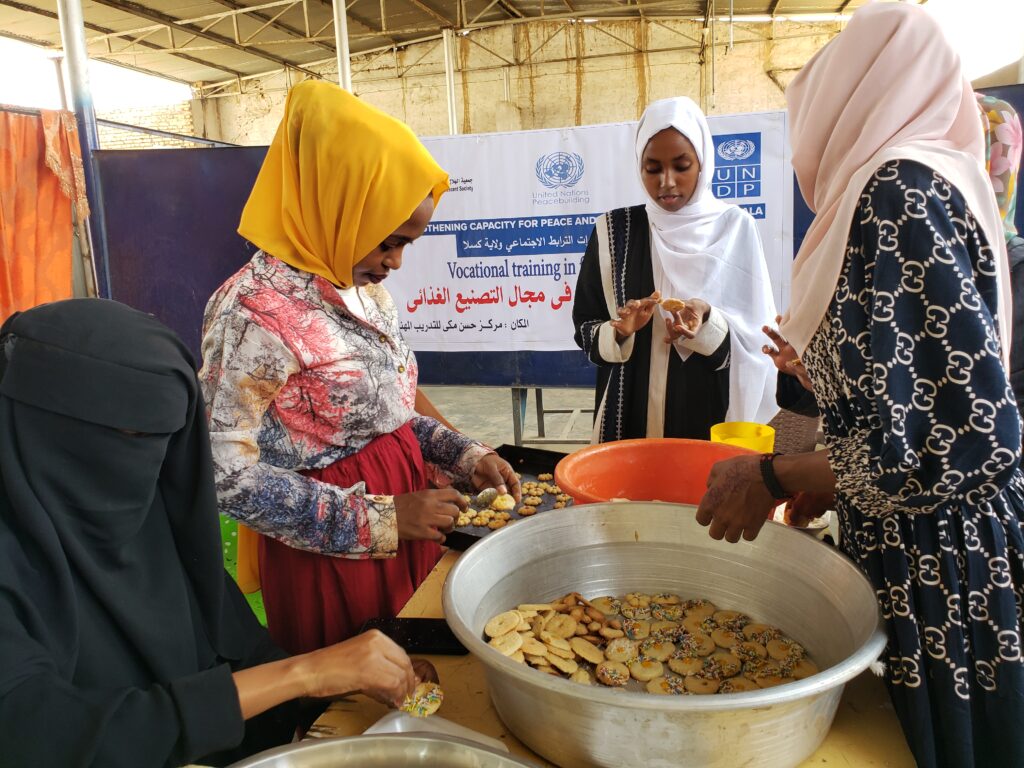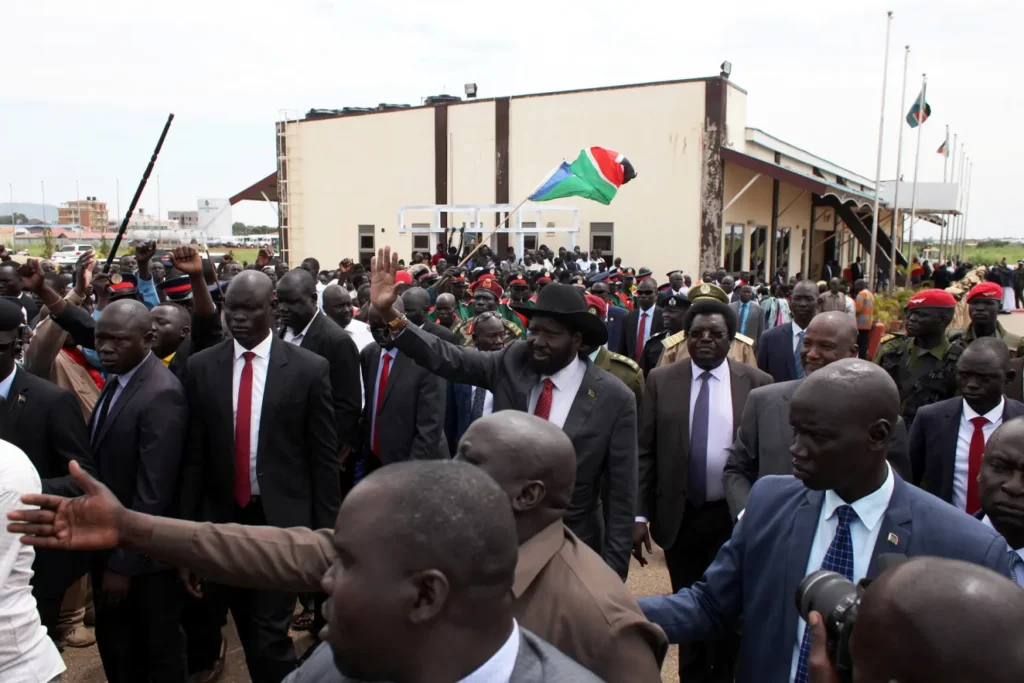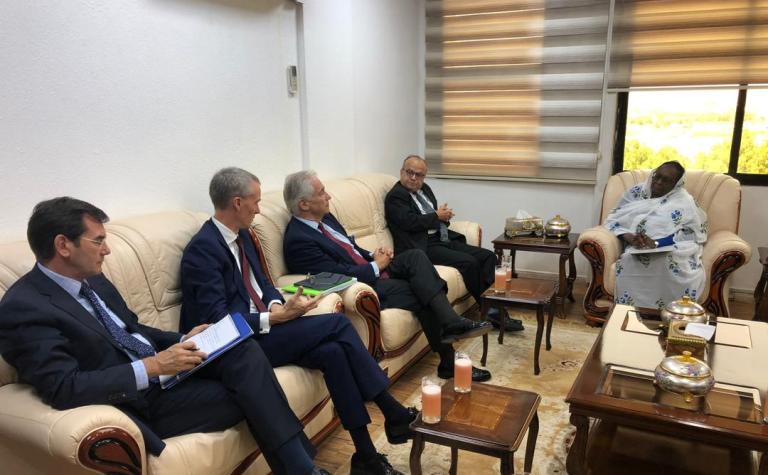
Khartoum is not just a city but a melting pot of cultures and traditions. Its strategic location at the confluence of the Blue and White Nile rivers has historically made it a hub for trade, commerce, and cultural exchange. The city’s residents hail from various ethnic backgrounds and regions, fostering a diverse and harmonious atmosphere.
Historical Significance
Khartoum boasts a deep and storied history that predates the colonial era. The city was a key trading post for ancient civilizations and played a pivotal role in trans-Saharan trade routes. Visitors can explore the city’s historical landmarks, including the Mahdi’s Tomb, where the famous 19th-century religious leader is buried, and the imposing Presidential Palace.
Economic Hub
As the economic epicenter of Sudan, Khartoum is home to a dynamic economy fueled by various industries. Its strategic location along the Nile River has made it a focal point for agriculture, trade, and manufacturing. The city’s bustling markets and modern business districts are testament to its economic vitality.
Cultural Riches
Khartoum is a treasure trove of cultural heritage. The city hosts numerous museums, galleries, and theaters that showcase Sudan’s diverse traditions, art, and history. The Sudan National Museum, for instance, houses an impressive collection of artifacts, including Nubian and ancient Egyptian relics.
Modern Infrastructure
In recent years, Khartoum has witnessed significant development and modernization efforts. The city’s skyline is evolving with the construction of modern buildings and infrastructure projects. Additionally, improvements in transportation, healthcare, and education have enhanced the overall quality of life for its residents.
Challenges and Resilience
Despite its growth and potential, Khartoum has faced its share of challenges. Economic instability, political turmoil, and infrastructure deficiencies have posed hurdles to progress. However, the resilience of the city’s inhabitants and ongoing efforts to address these issues reflect a determination to create a brighter future.
Tourism and the Future
Khartoum is gradually opening its doors to the world, welcoming tourists who wish to explore its historical sites, savor its diverse cuisine, and engage with its warm and welcoming people. With improved security and infrastructure, the city aspires to become a prominent destination for travelers seeking to discover Sudan’s unique charm.
Conclusion
Khartoum, Sudan’s capital city, is a place where the past seamlessly merges with the present, where cultures intersect, and where dreams of a brighter future take shape. As the city continues to evolve and overcome its challenges, it remains a testament to the enduring spirit of Sudan and a beacon of hope for a prosperous and culturally rich nation.



